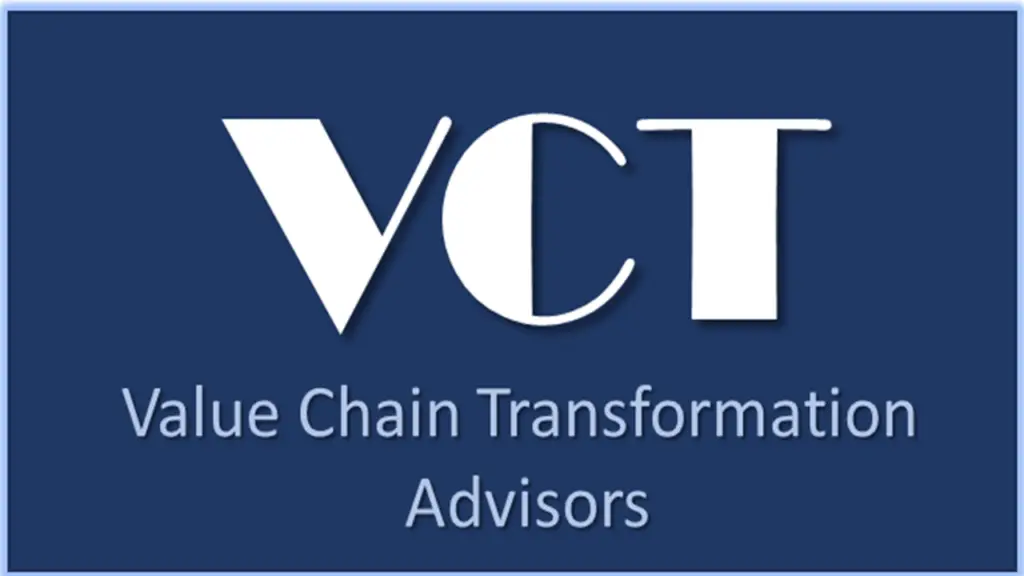
Leadership and team building are crucial aspects of any organization, and one individual who knows this well is GAINS VP of Corporate Development Jason Read. We met recently after watching Super Bowl LVII. We discussed the incredible gameplay of one of the most exciting Super Bowls in recent history. As we were talking, Jason shared that over the years, he has become more of a fan of coaching than individual contributors and, as a result, has learned a lot about building and managing teams. In this installment of Recommended READing, Jason shares some of the knowledge he has gained and the resources he recommends to those looking to improve their leadership skills.
Leading through Coaching
“Over the past ten years, I’ve become a real fan of coaching. Seeing what some of these NFL coaches have done, how they build a team. How can they put the right kind of people together to achieve an objective? I’ve become fascinated with the team-building aspects of coaching. Professionally, as I moved away from being an individual contributor, I started managing small teams, then larger teams, and eventually managing managers, then organizational leaders. I realized I’ve got to figure out an effective way to teach leaders how to lead.”
“I’m a frequent reader of business books, but for me, it’s all about audiobooks. When I’m out on a bike ride or in the car driving someplace, I try to be productive and fill that time with learning. So, as I was preparing for this discussion, I wondered what book I would like to share. What has helped me and the organizations I have worked for to develop strong teams?”
The Five Dysfunctions of a Team
“So, the foundation, for me, was the book “The Five Dysfunctions of a Team” by Patrick Lencioni, first published in 2002. The book is written in a narrative style, like a novel. It tells the story of a new CEO hired to turn around a struggling technology company. The CEO quickly realizes that the company’s problems stem from a dysfunctional leadership team, and she sets out to address the root causes of their dysfunction.”
Throughout the story, Lencioni identifies “The Five Dysfunctions of a Team” that prevent them from achieving their full potential:
- Absence of trust: Members are hesitant to be vulnerable with one another and do not trust one another.
- Fear of conflict: Teams are reluctant to engage in productive, ideological conflict, instead opting for artificial harmony.
- Lack of commitment: Not buying into decisions, leading to ambiguity and lack of follow-through.
- Avoidance of accountability: Teams are unwilling to hold each other accountable for their actions and behaviors.
- Inattention to results: The team places individual goals or status ahead of collective team goals, leading to suboptimal outcomes.
“I think about this book in businesses that I’ve gone into and have looked at; I keep it in mind when I see how the leaders at the very top of a particular company get along. Or how the dysfunctions can play into the psyche of line-level managers or individual contributors in an organization. I thought that maybe the “five dysfunctions” is what we should talk about… but I then pushed it off to the side in my mind and decided that there’s another book I wanted to share by Patrick Lencioni called The Ideal Team Player. In this book, he focuses on an individual team member and reveals the three virtues that make some people better team players than others. He identifies that an “ideal team player” needs humility, hunger, and intelligence.”
Humble
“I boil this concept down this way. When interviewing people, I use this framework to ask a candidate to tell me how they are humble. I gauge their willingness to roll up their sleeves and do just about anything, even though it’s not in their job description, to move the team forward. And indeed, candidates will give me examples. If they say something like, “I’m a sales guy, and I don’t need to do anything with an RFP.” okay, they’re not humble. Or they might say, “RFPs can be really hard, and I know my pre-sales resources are swamped, so I try and help.” If more people at a given company thought about how they have to be humble and help each other succeed, I think it would be a great thing.”
Hungry
“In my mind, I see “Hungry” manifest as working for a start-up or a company in its growth stage versus working at a company with 500 to 3000 employees or 5,000 to 25,000 employees or perhaps a government agency where the notion of hunger is not really important. Yes, there is a work-life balance, but sometimes it’s going to be unbalanced, and you’re going to say to your partner, thank you for allowing me to stay up till two in the morning to get something out the door or to get something right. I need to know as a potential employer, “Are you ready to go work for a company like ours where we’re bootstrapping things from time to time?” in an environment where not everyone gets a commission check like salespeople do, are you hungry enough to stick things out?”
Smart
“The last essential quality is smartness, and it’s not IQ as much as it is EQ, Emotional Quotient, a person’s emotional IQ. When I’m trying to motivate people, I talk to people in a certain way or draw a picture because a picture is worth a thousand words, and some people understand concepts better when they can see them. With certain people, we do certain things in specific ways. Instinctually, someone with strong emotional intelligence will speak differently to different people in different situations to get their point across. Adapting their message for their audience. People who don’t have a high level of social-emotional intelligence are incapable of being true team players because they aren’t aware of how to interact positively with others.”
Recommended READs
“There are all these different books out there on how to manage people. But if I was to suggest one. It would be the Ideal Team Player. Because once you’ve got the right people together and understand how to support and work with each other, then we can take on the five dysfunctions, then we can take on radical candor, then we can take on all these other things. But it’s a moot point unless you’ve got the right people who understand how to motivate each other and are willing to roll up their sleeves and help in any way possible. Because if your company is going to grow, you’re going to have to hire more people, and as you’re interviewing, you should think about whether they will be the kind of people to adopt the characteristics you need to succeed and get you where you need to go.”
In Summary
In this volume of Recommended READing, we looked at two books by Patrick Lencioni:
- The Ideal Team Player; a book on hiring and developing ideal team players in any organization.
- The Five Dysfunctions of a Team; a popular guide for building healthy teams.
Additional GAINS Blogs to Consider
Supplier Speed Dating: The Reality of Today’s Vendor Management



